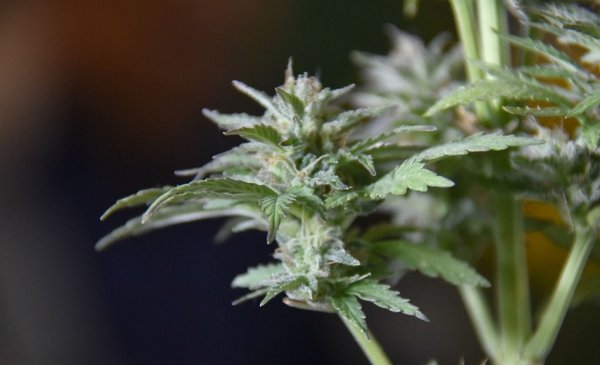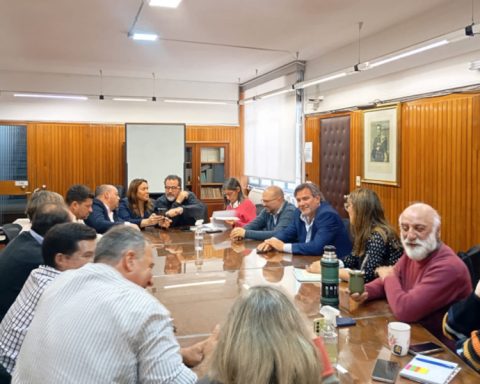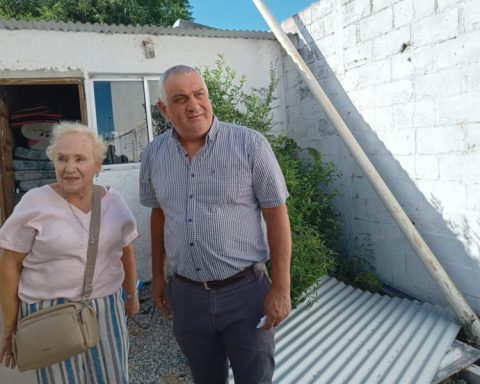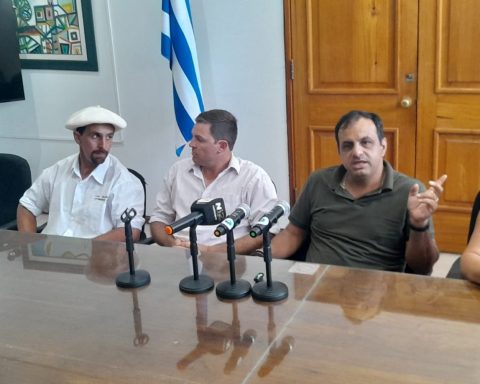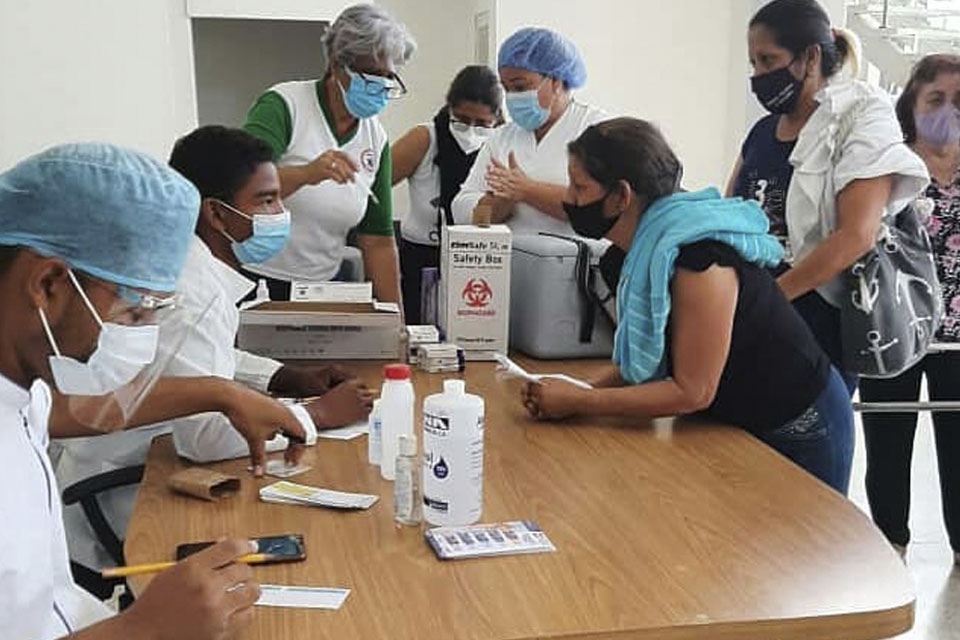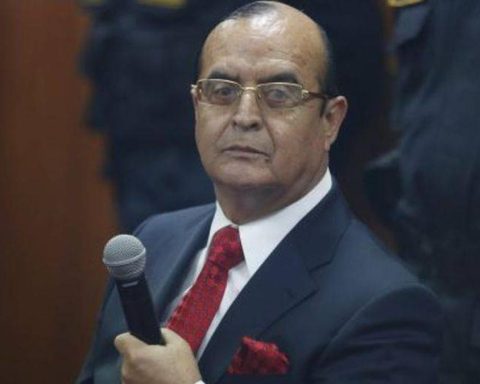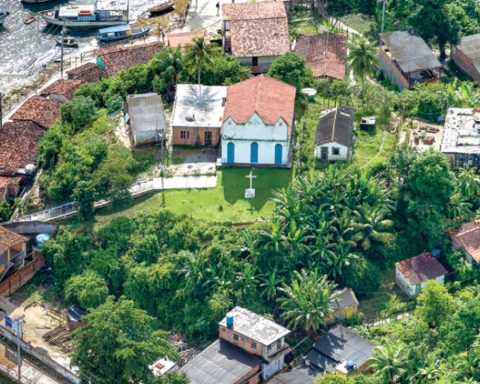Uruguay was the pioneer country in regulating the production and marketing of cannabis, both for industrial use and for recreational use. But currently —when the sector is going through a moment of great development in various areas worldwide as a result of the recent changes in the legislation of the different countries—, the Uruguayan cannabis industry seems to have lagged behind.
The perspectives
Latin America is fertile territory for the growth of this industry whose value exceeded US$170 million in 2021 and registered, in the last year, a growth of 17% in the region, according to data from Euromonitor International.
So much so that in the coming years it is expected that the countries of the region will continue to incorporate modifications in their legal frameworks that facilitate the development of the sector, and Uruguay is also on that path.
Because even though it was the first country to regulate the industry in its different segments, according to local businessmen, it has fundamental laws that are still unregulated.
“If the pertinent modifications are not made, Uruguay is going to be left out of the market,” Argentine businessman linked to the cannabis industry, Facundo Garretón, told Café & Negocios.
The development of the cannabis industry in the country is export-oriented, in fact in 2019 the first export of medical cannabis was made and, the following year, its sales abroad had already amounted to US$7.5 million, according to a recent report of the Uruguay XXI Institute.
However, still unexplored business opportunities remain such as cannabis tourism. “It is absurd that Uruguayans have access to cannabis for adult use (recreational cannabis) and a tourist does not, when it is known that we want to develop cannabis tourism in UruguayGarrett pointed out.
For the Argentine businessman, the greatest obstacles that the country has in the development of the cannabis industry —and which are a loss of opportunity—, are related to two segments: medical cannabis and adult use for tourists. And for there to be progress, it is necessary to investigate and inform so that decisions can be made in political matters.
Give entrepreneurs a voice
investigate and report -in addition to facilitate the link between actors in the sector, accelerate business and promote a sustainable economy with tangible results in the cannabis industry-is the objective of the Cannabis Business Hub event which will take place on August 11 and 12.
“Events linked to the development of the industry are important,” said Garretón. “We must continue to invest in spaces with these characteristics because they educate people, help investors and encourage the development of new industries,” she added.
Cannabis Business Hub emerged from one of the main information and articulation platforms for the cannabis industry in Latin America: ExpoCannabis Uruguay, an event that has been held annually for nine years. And since they started with the project, both organizers and participants have witnessed the evolution of the sector, which has more and more followers from different segments of the cannabis industry.
After a process of learning about the trends in the sector and listening to the businessmen who began to express their interest in having a new event, in 2020 the creators of ExpoCannabis Uruguay began to offer business to business meetings with the aim of generating instances of communication between companies and entrepreneurs.
The sessions were successful -in fact, last year more than 120 people and 60 companies participated-, and the directors decided to hold a similar event: Cannabis Business Hub. “As the cultivation of cannabis has the peak of business between the harvest that takes place in the fall and the planting that takes place in September, we chose winter to hold this event and help the process of revitalizing the business of the cannabis industry”, pointed out one of the directors of the event, Mercedes Ponce de León.
The purpose of the Cannabis Business Hub is make visible and normalize the industry in Uruguayand also give entrepreneurs a voice so that they can express both their commitment to the industry and their problems. In this sense, Ponce de León stressed that the event is a tool for articulation with the authorities and with the different referents of the sector, whether national or international.
Cannabis Business Hub is a two-day event exclusively for the medical cannabis and industrial hemp segments -a plant that belongs to the same family as cannabis, but contains a lower concentration of THC-, with different proposals. On the first day there will be a day with a business to business format where -after fieldwork carried out by the organizers- each company or entrepreneur will have a meeting agenda tailored to their needs.
On the second day, a business to consumer meeting will be held, which will be open to the general public. It includes two simultaneous conference rooms where commercial presentations, conferences related to industrial cannabis, and academic content on endocannabinology will be offered; the study of the impact of cannabis on the human body.
Asked about the number of registrants, Ponce de León said that there are already more than 50 companies or entrepreneurs and more than 20 confirmed stands. In addition, she highlighted that the tickets for the second day -business to consumer-, for which They hope to attract the entire scientific community and all health references who are interested in the subject so that they can access information about the industry, since there are not many areas of dissemination.
Regulation is the key
At a general level, the cannabis industry is in a process of growth. But the reality is that it has an ecosystem that involves different areas, and not all of them have companies with success stories. “There are opportunities that are opening up in this initial stage of the commercial process of an industry that did not exist before, and for which we have a regulation that preceded foreign trade. But now that foreign trade has appeared, we are overcoming some unforeseen obstacles to the time to draft the law,” explained Ponce de León.
Along the same lines, Garretón stated: “Political decisions have to be made”.
For industry players there is still a long way to go, and It is a responsibility of all parties to create spaces to grow both nationally and internationally. The cannabis industry still has to walk on commercial, regulatory, security, public health and social aspects.
“It is natural that in an emerging industry that is so stigmatized, we are the actors in the sector who open spaces and generate meetings,” said Ponce de León. “We are working to strengthen it and develop it in our country,” he concluded.
The employment numbers
According to data from the Ministry of Labor and Social Security and the Ministry of Livestock, Agriculture and Fisheries surveyed by Uruguay XXI, the personnel employed in the sector amounted to some 1,070 workers in 2020. 80% of them work in the interior of the country and 35% are women.
In what has to do with business and in line with the rest of the economy83% of the companies in the sector are micro, small and medium-sized companies and generate 32% of employment.
